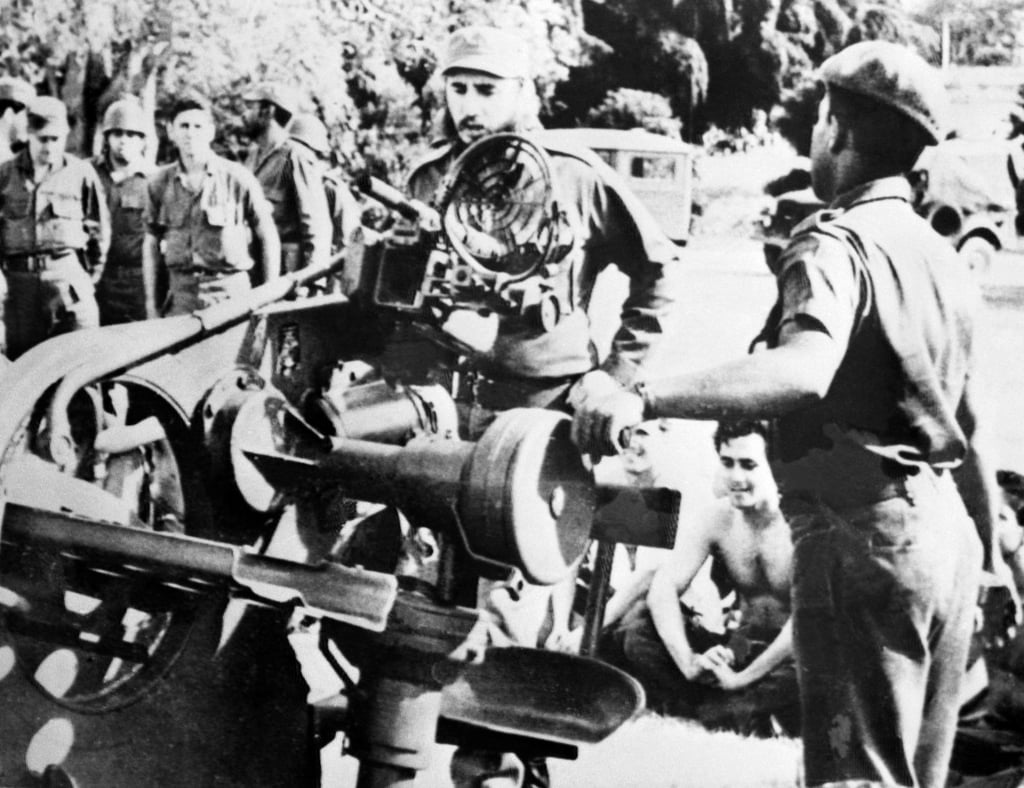Why reports of Chinese spy base in Cuba are met with shrugs in Latin America, where US influence is waning
- Latin American nations are strengthening relations with Beijing amid a belief that Washington’s focus turned to the Middle East and now the Indo-Pacific
- Beijing fills the void by expanding its diplomatic presence and investment in the region

On October 23, 1962, US secretary of state Dean Rusk convened the Council of the Organization of American States for an emergency meeting in Washington. Following an agreement between Soviet premier Nikita Khrushchev and Cuban leader Fidel Castro, he told the members, two American aircraft discovered the construction of nuclear missile facilities in Cuba.
Rusk tried to convince the Latin American partners that a crisis of this kind threatened the whole region and that all OAS members should intervene to prevent Havana from going ahead. They agreed. In a major victory for Washington, Uruguay’s José Antonio Mora, secretary general of the OAS, announced later that day that Latin American countries would take “multilateral measures” to contain Soviet advances.
Academics and government officials recalled this story in recent weeks after The Wall Street Journal, citing leaked US intelligence, reported that China was on the verge of establishing a spy base on Cuban soil. According to The Journal, the two countries have also discussed setting up a joint military training facility, adding to Washington’s concerns about Chinese troops 145km (90 miles) from its shores.

In many Latin American countries, however, the reports did not even appear in the media. Except for Cuba, none of them released statements commenting on the news. The ministries of foreign affairs in Argentina, Brazil, Chile, Colombia and Mexico – the five main economies in the region – did not respond to requests for comment.